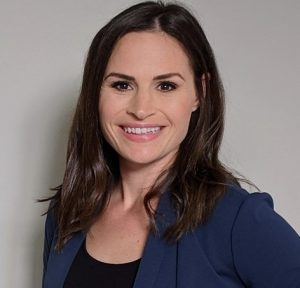Writing your first resume is exciting, but it can also be a bit intimidating. You might be unsure of where to start and what to include but the good news is, having a clear strategy can help you craft a great first resume and land that first job. Even though you may not have a lot of work experience, your skills, education, volunteering and other activities all help to show a hiring manager that you’re the person for the job.
Here are some pointers to assist you in developing a great first resume
1. Think about relevant experiences and skills
One of the most common worries for students writing their first resume is the lack of professional work experience. The reality is, employers looking to hire recent grads don’t expect you to have a long list of jobs on your resume. Hiring managers are trying to determine how your experiences and skills will translate into the role you’re applying for – not specifically what you’ve done. Create a list of any major academic accomplishments, any volunteer work or any other activities you’ve participated in, and think about the transferable skills that you can highlight. From time-management skills, to your attention to detail and communication skills, these are all qualities that hiring managers are seeking.
2. Take a good look at the job requirements
A job posting and its outlined requirements can act as a guide for your resume. Tailoring your resume to the qualifications on a job posting is the best approach, regardless of how much work experience you have. A future prospective employer may be looking for hard skills, like experience with a particular software or soft skills, like personality traits that they are looking for in a great candidate. The more you align your resume to the outlined requirements, the better your chances of getting chosen for a position.
3. Keep it short and simple
ou may be tempted to write in paragraphs to fully explain the skills you bring to the table, but fighting that urge is the best way to go. In all resumes, and most importantly your first resume, the ability to condense your experience into short, summarized statements is important. Make sure you really think about exactly why you want the job, your best work-related qualities and the most relevant tasks you’ve performed. Clear and concise, easy to read statements are what hiring managers like to see. In an entry-level resume, try to keep the entire document to one page and use bullet points wherever possible.
4. Use action words
When you’re writing these clear, concise statements in your resume, use active language to describe what you’ve done and what you will bring to the role. These keywords are more likely to catch the attention of someone reading your resume. They also help to qualify the more specifics tasks that you think taught you transferable skills. Think about using words like improved, created, organized and managed to outline your experience on your resume.
5. Don't forget to edit
This might be a simple reminder but it’s an important one. Always take the time to read over your resume; you may even want to ask a trusted colleague or family member to give it a second look. Make sure everything is spelled correctly, the flow of information is easy to follow and all your contact information is accurate. A clean resume shows that you’re professional and that you’ve put time and care into your work.
Just because this is your first resume doesn’t mean it can’t be great! Being prepared with a strong format is key for landing that first job. Before you start writing, take the time to think about the experiences and achievements you’re particularly proud of, and align the key points in your resume with the requirements for the job. You also want to make sure that you’re expressing enthusiasm for the position. Employers receive many resumes for their open positions and potential hires, and you must ensure that you convey your excitement and interest for the job to which you are applying. Good luck!





































































































